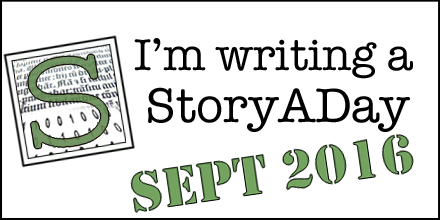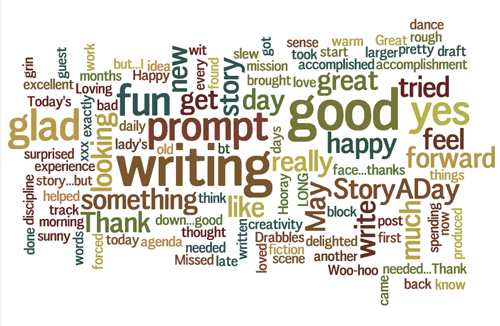It’s Write On Wednesday Day! (That’s really clumsy. I’m going to have to never do that again!)

The Nov/Dec/Jan holiday season is fast approaching. I know you don’t want to think about it, but if you’re interested in putting out a short story for the holidays, this is actually kind of last minute.
Publications have long lead times for date-specific stories, so if your holiday stories aren’t already written, now’s the time. Magazines and online pubs LOVE themed stories (Christmas stories; New Year issues; Thanksgiving horror stories!).
Or perhaps you’d like to create a story for friends and family to say thanks for all their support (or: na-na-na-na-na-na-you-see-I-wasnt-lying-around-watching-daytime-TV-all-year).
The Prompt
Write a story tied to a Nov/Dec/Jan holiday
Tips
- You can use this to flesh out characters from a longer work in progress.
- You can include characters from your real life.
- You can use this as a calling card/thank you note/Christmas letter if you send holiday greetings cards
- Mine your own memories, but don’t feel you have to write memoir. Take an incident from one of your family holidays and recast it on a steampunk airship or a city made of living bone towers or at the Tudor court.
- Don’t feel it has to be a narrative story. One of the delights of the short story form is that it can be much more than that. Consider writing a list of holiday gifts your character has to buy, complete with passive-aggressive commentary; or a series of increasingly frantic tweets from the Thanksgiving dinner table…
- Create a compelling character and set them in a ridiculous situation, or a ridiculous character and put them in a banal situation.
Have fun with this. Amuse yourself. Remember, nobody ever has to see this story, so you can be as cruel or as kind as you like!


 By this point in the challenge, you’ll have discovered some of your strengths and weaknesses.
By this point in the challenge, you’ll have discovered some of your strengths and weaknesses.
 And don’t forget you can listen to all of these prompts as a podcast – The StoryADay.org Write Every Day, Not “Some Day” Podcast
And don’t forget you can listen to all of these prompts as a podcast – The StoryADay.org Write Every Day, Not “Some Day” Podcast



